How to Become an International Teacher: Step by Step Guide
Teaching abroad is a dream for many educators seeking adventure, professional growth, and cultural exchange. Becoming an international teacher training opens doors to new experiences, enhances your teaching skills, and allows you to make a global impact on students’ lives. Whether you’re a seasoned teacher or a fresh graduate, understanding the step-by-step path to teaching internationally is crucial for a successful career.
In this guide, we’ll explore the essential qualifications, certifications, and strategies to help you become an international teacher. We’ll also address common questions and provide resources to kickstart your global teaching journey.
What Does It Mean to Be an International Teacher?
An international teacher is an educator who teaches in a country other than their own. This can involve working in international schools, language institutes, or global education programs. These positions often require specialized skills such as TEFL/TESOL certifications, familiarity with international curricula like the IB (International Baccalaureate), or the British Curriculum, and cross-cultural communication skills.
International teaching roles offer numerous benefits, including:
- Exposure to diverse teaching methodologies
- Opportunities to travel and live in new countries
- Competitive salaries and benefits
- Professional growth and networking
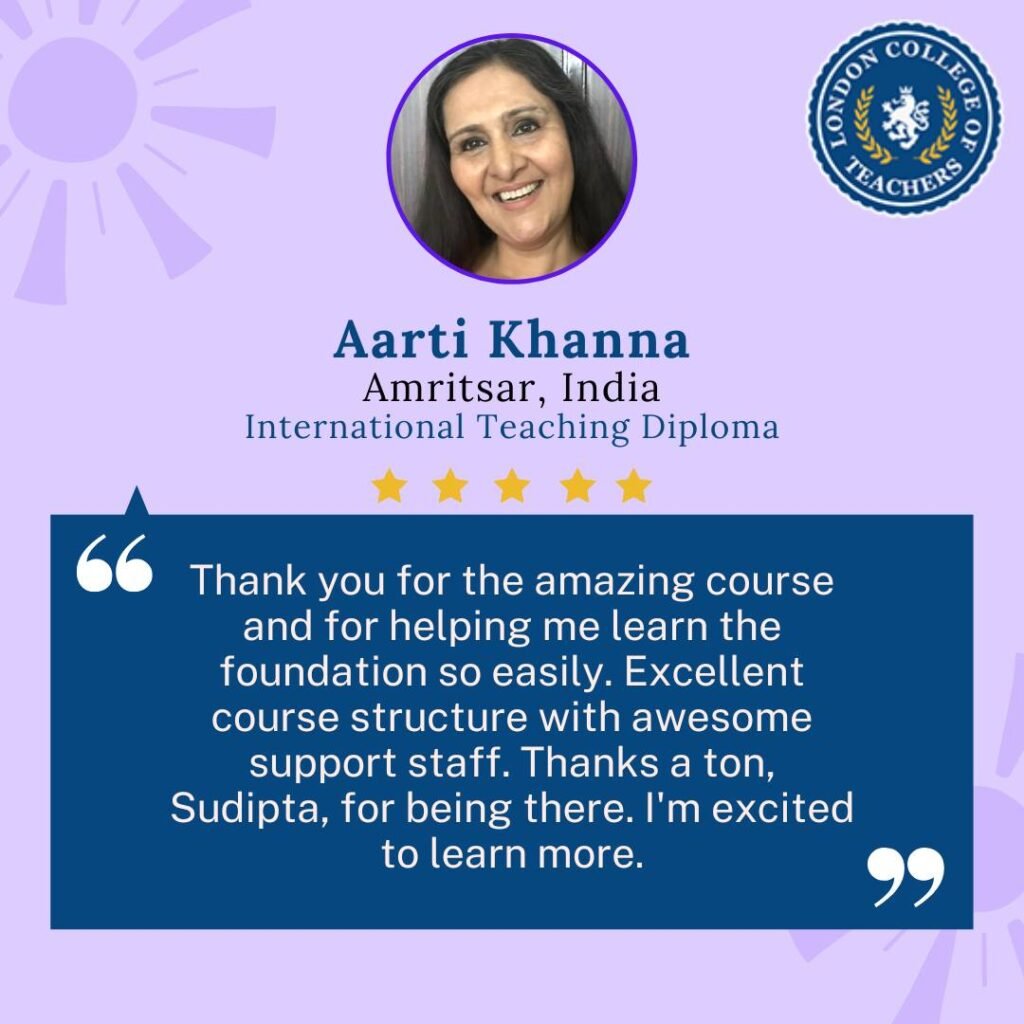
Obtain the Right Teaching Qualification
The foundation of any teaching career is having the proper academic qualification. For international teaching, this usually involves:
- A Bachelor’s degree in Education or in a subject area you wish to teach
- A PGCE (Postgraduate Certificate in Education) for those seeking a stronger teaching credential
- Specialized training for subjects like STEM, English, or early childhood education
It’s essential to choose a program that is recognized internationally, ensuring your credentials are accepted in different countries. The London College of Teachers offers internationally recognized certifications that can give you an edge when applying for teaching roles abroad.
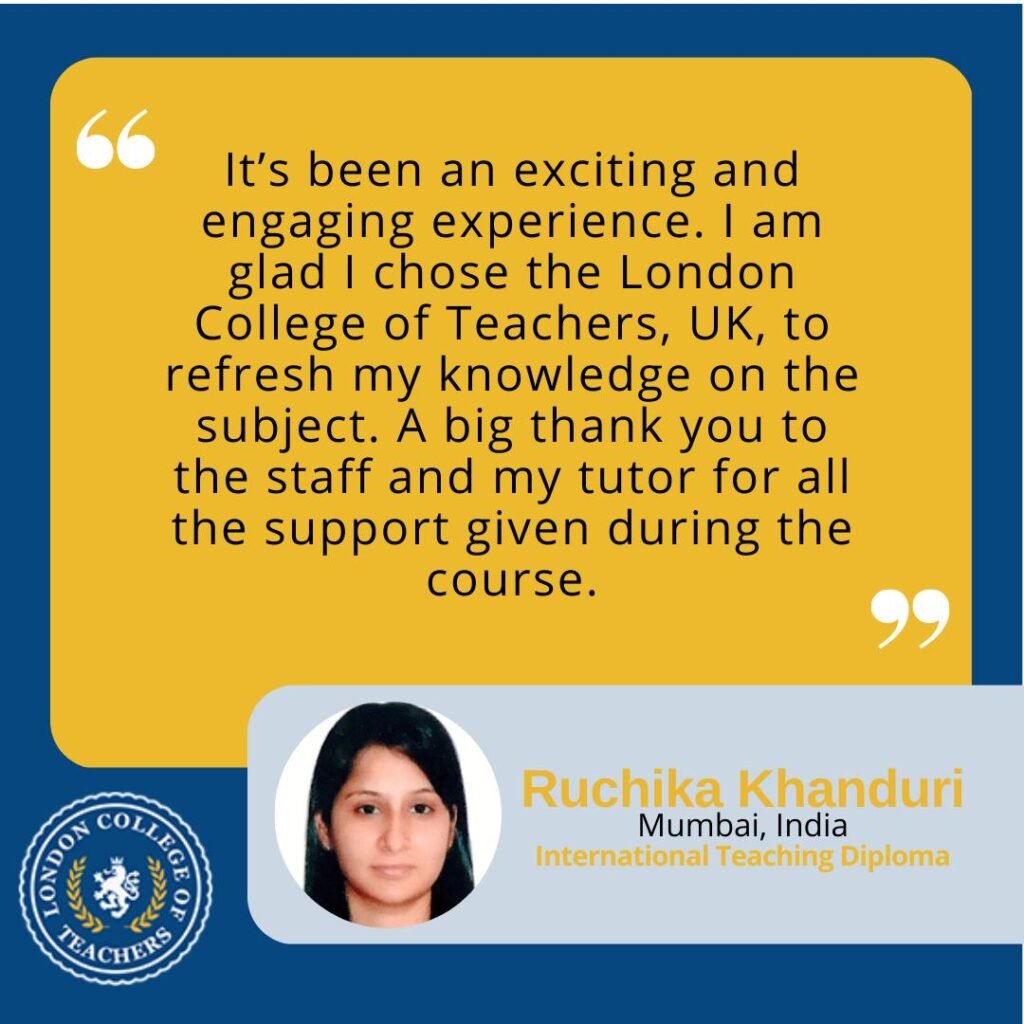
Gain Classroom Experience
International schools often prefer candidates with hands-on teaching experience. Start by:
- Teaching in local schools or community programs
- Volunteering in educational projects
- Participating in mentorship programs
Experience helps develop classroom management skills, lesson planning capabilities, and cultural adaptability—all crucial for teaching in a foreign environment.

Get Certified for Teaching Abroad
Depending on the country or institution, you may need additional certifications. Some widely recognized certifications include:
- TEFL/TESOL Certification – For teaching English as a foreign language
- IB Certification – For teaching in International Baccalaureate schools
- CELTA Certification – Cambridge English certification for teaching adults
Acquiring these certifications not only improves your employability but also enhances your teaching techniques and global competency.
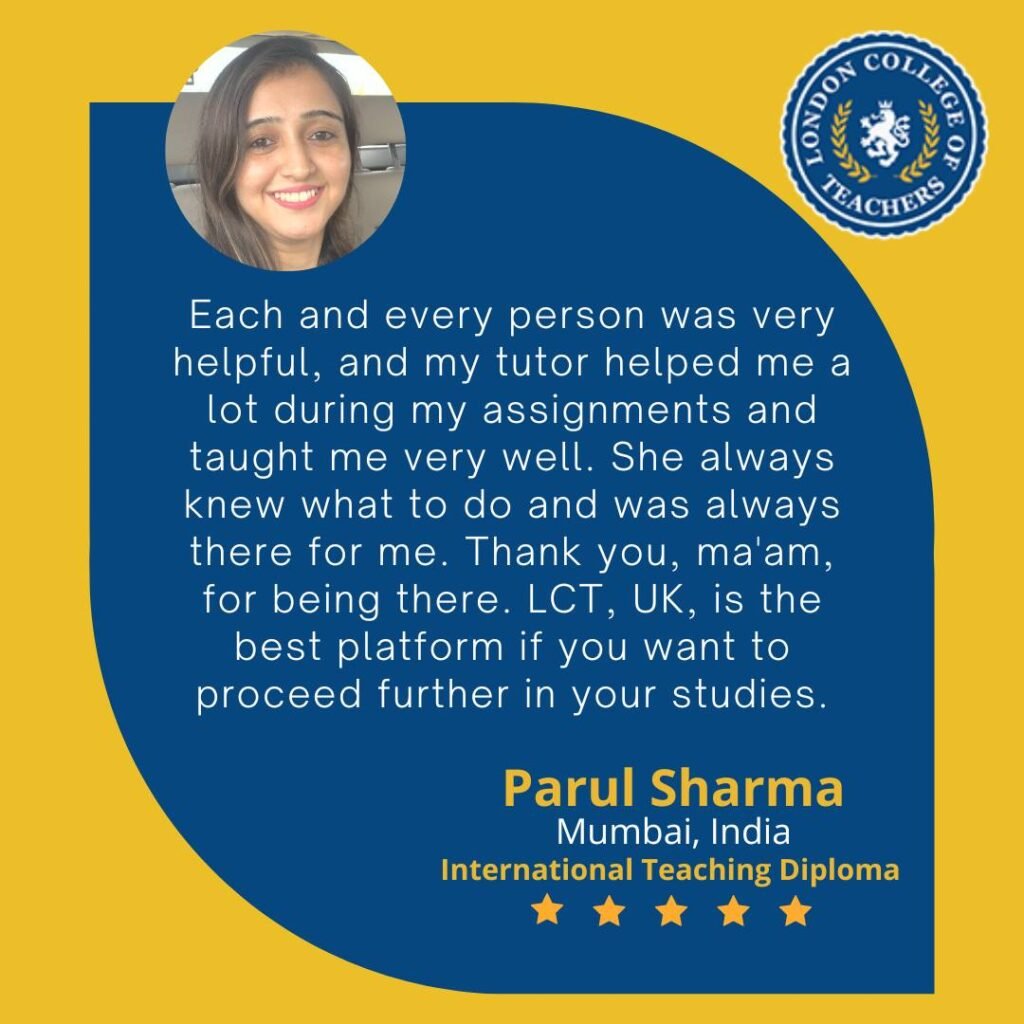
Research Countries and Schools
Before applying, identify the regions or schools where you want to teach. Consider factors like:
- Work visa requirements
- Salary and benefits
- Curriculum offered
- Cost of living and local culture
Websites like International Schools Review or Teach Away provide updated job listings and school reviews to help you make informed decisions.
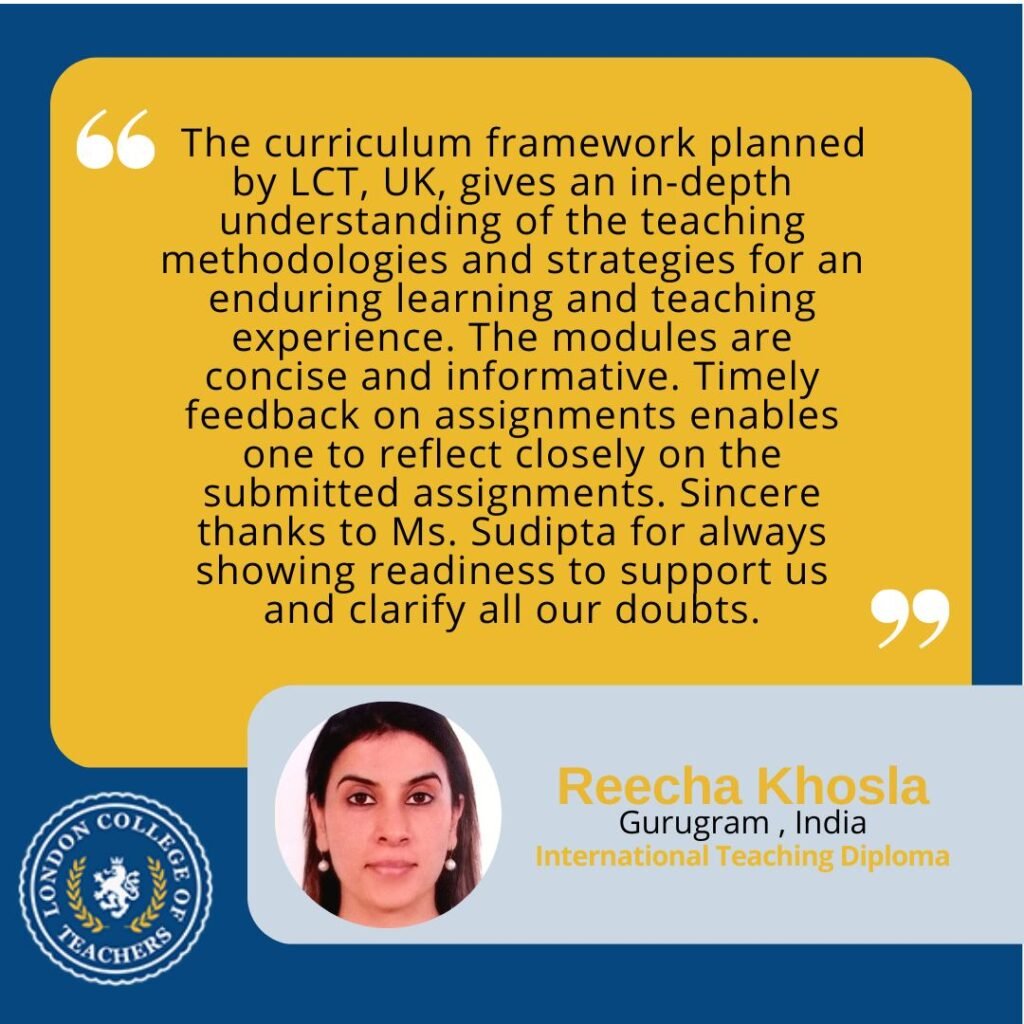
Apply and Prepare for Interviews
When applying for international teaching roles:
- Prepare a CV highlighting international experience and certifications
- Tailor your cover letter to showcase cultural adaptability and subject expertise
- Be ready for online interviews, including teaching demonstrations
Networking with current international teachers on platforms like LinkedIn or Facebook groups can provide valuable insights and job referrals.
Understand Legal and Logistical Requirements
Securing a teaching position abroad involves:
- Obtaining a valid work visa
- Understanding tax obligations and healthcare coverage
- Familiarizing yourself with local laws and employment contracts
Many schools provide relocation support, but being proactive about documentation ensures a smoother transition.
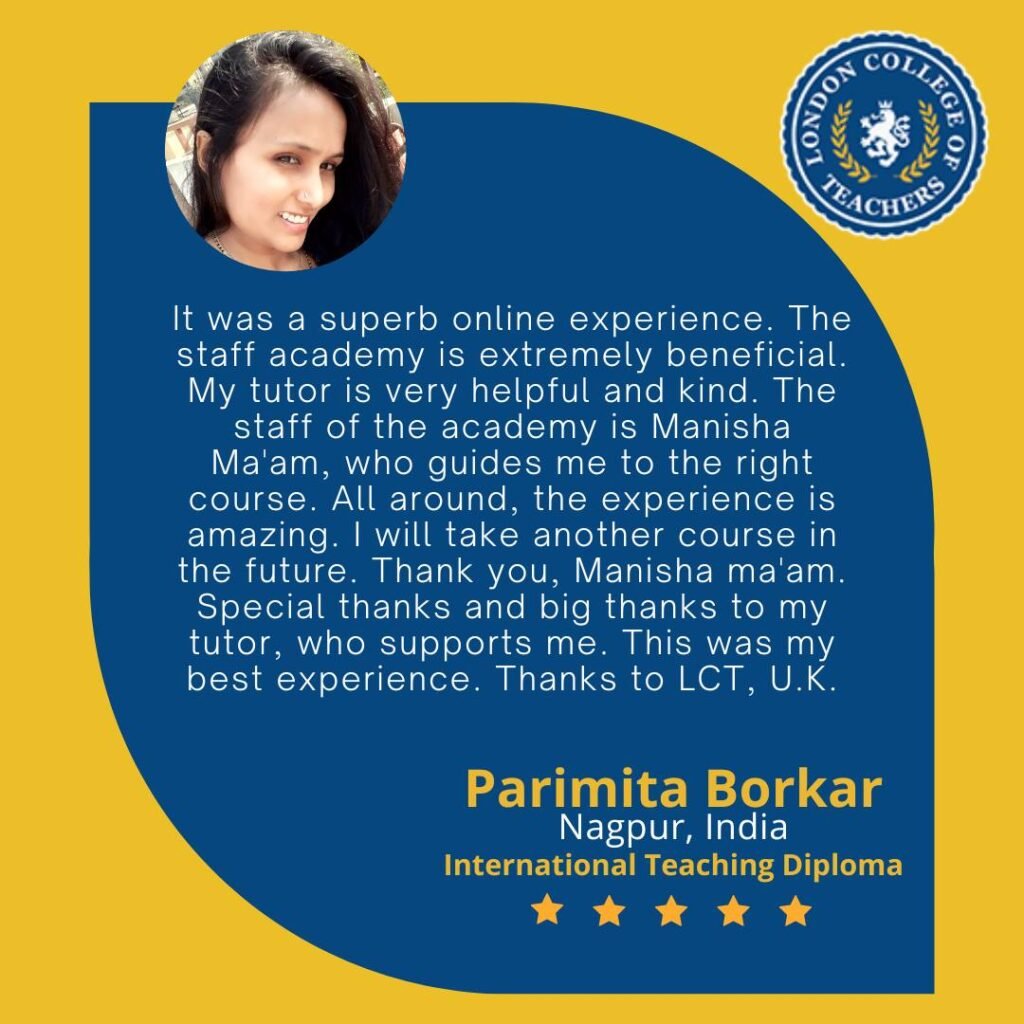
Continuous Professional Development
To thrive as an international teacher, continuous growth is essential. Attend workshops, webinars, and courses offered by reputable organizations. For instance, the London College of Teachers provides professional development programs that strengthen your teaching credentials and career prospects.
Frequently Asked Questions (FAQ)
- Do I need a teaching degree to teach internationally?
While a degree significantly increases your chances, some schools accept TEFL/TESOL certified teachers with a bachelor’s degree in any field, especially for teaching English.
- How much does it cost to get certified for international teaching?
Costs vary: TEFL courses can range from $200 to $1,500, while certifications like CELTA may cost around $2,000–$3,000.
- Is teaching abroad safe for beginners?
Yes, but thorough research on the country, school, and local regulations is essential. Most international schools provide safety guidelines and support for foreign teachers.
- Can I teach internationally without prior experience?
Yes, some entry-level programs accept new graduates with relevant certifications like TEFL or CELTA, though experience improves employability.
- Which certifications are most valued globally?
TEFL, TESOL, CELTA, and IB certifications are widely recognized and highly valued for international teaching positions.
Key Resources
- London College of Teachers – International Teacher Training
- Teach Away – Global Teaching Opportunities
- International Schools Review
Conclusion
Becoming an international teacher is an exciting journey that combines professional development, cultural immersion, and personal growth. By following these steps—obtaining qualifications, gaining experience, acquiring certifications, and researching opportunities—you can turn your dream of teaching abroad into reality.
Call to Action
Ready to start your international teaching career? Explore accredited programs and certifications at the London College of Teachers today and take the first step toward a fulfilling global teaching adventure!

